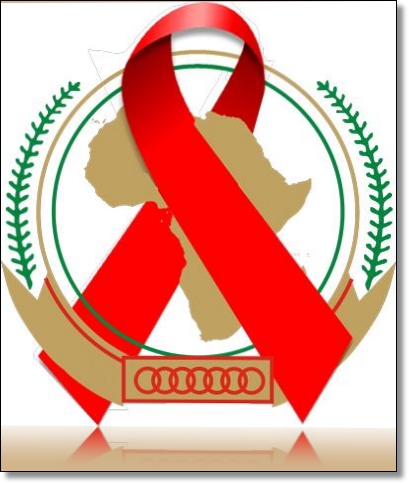HIV/Aids Battle: Concerted Efforts Required

 |
Indeed, since the first World AIDS Day in 1988, AIDS has become one of the defining issues of our time as the fight against HIV/AIDS cannot be won by individuals alone, but the combined efforts of all stakeholders. This World AIDS Day is also meant to remind the political leadership of the commitments entered into and to work with development partners to make global, continental, regional and national efforts to intensify our HIV prevention, treatment, care and support programmes. The Global Theme for this Year’s commemoration is: “Getting to Zero.”
In the last 30 years, Africa has battled the burden of HIV / AIDS. With only 11% of the world population, Africa is still home to 67% of the HIV infected persons, that is 22.5 million in total. Africa is still home to nearly 90% of pregnant women living with HIV in need of services.
It is recalled that in June 2006, in Abuja, Nigeria, our leaders declared 2010 as the year of Universal Access to HIV prevention, treatment, and care and support services for the African Continent. Since then, enormous strides have been made in the fight against HIV and AIDS. We are witnessing decisive progress in the continent’s AIDS response, with more than 25% drop in new HIV cases in 22 countries of Africa. The African Union, in collaboration with its partners, has in recent years achieved considerable progress in creating awareness and in effecting mitigation of the pandemic amongst its population. Significant progress has also been made by the African Union Member States towards universal access to health services in general and HIV/AIDS in particular. Indubitably, our leaders’ commitments and the support of our international partners have paid off. It avails me the opportunity to acknowledge the contributions of our numerous development partners that have been supporting African response to the disease and to praise all efforts to improve the treatment and care of those diagnosed with HIV and AIDS.
But even with this optimism about progress we are warned to remain vigilant as more must still be done in reducing the stigma, the number of new infections and enable those living with HIV to lead full productive and happy lives.
Together and in solidarity, leaders of the continent, professionals, private sector, civil society, people living with HIV, young and old we can all work to stop new infections that continue to outpace the number of people starting treatment.
Let us all reaffirm our commitment to the goal of eliminating new HIV infections among children and keeping their mothers alive. Let us intensify efforts to reach out to all women and children at risk of HIV with the services that they need. There is a clear continental and international political will and commitment to achieving universal access
and health related MDGs by 2015. One of these goals is “combating HIV/AIDS, Tuberculosis, Malaria and other Diseases.”
As responsible Leaders, we are no longer prepared to sit by and allow our future generation to be born with a disease that is preventable. All individuals, communities and businesses just as well as all the governments have the responsibility to ensure that no African will be born anymore with the disease. We have to take personal and collective responsibility not only to prevent the transmission of the disease to our new born, but also to provide care and support to those living with the disease. We have the responsibility not only to ensure access to treatment for all people in need but also not to discriminate against those with the disease. In this vein, I also wish to encourage the media, community groups and faith groups to also do their bit. Finally, each of us has also to remember that Only Me, Only You and Only all of Us Can Stop AIDS!
I have no doubt that the sons and daughters of Africa, together with all our partners can realize the Global ultimate goal of Zero new infections, zero AIDS related deaths and zero discrimination.
By HE Dr Jean PING
Chairperson, African Union Commission.
